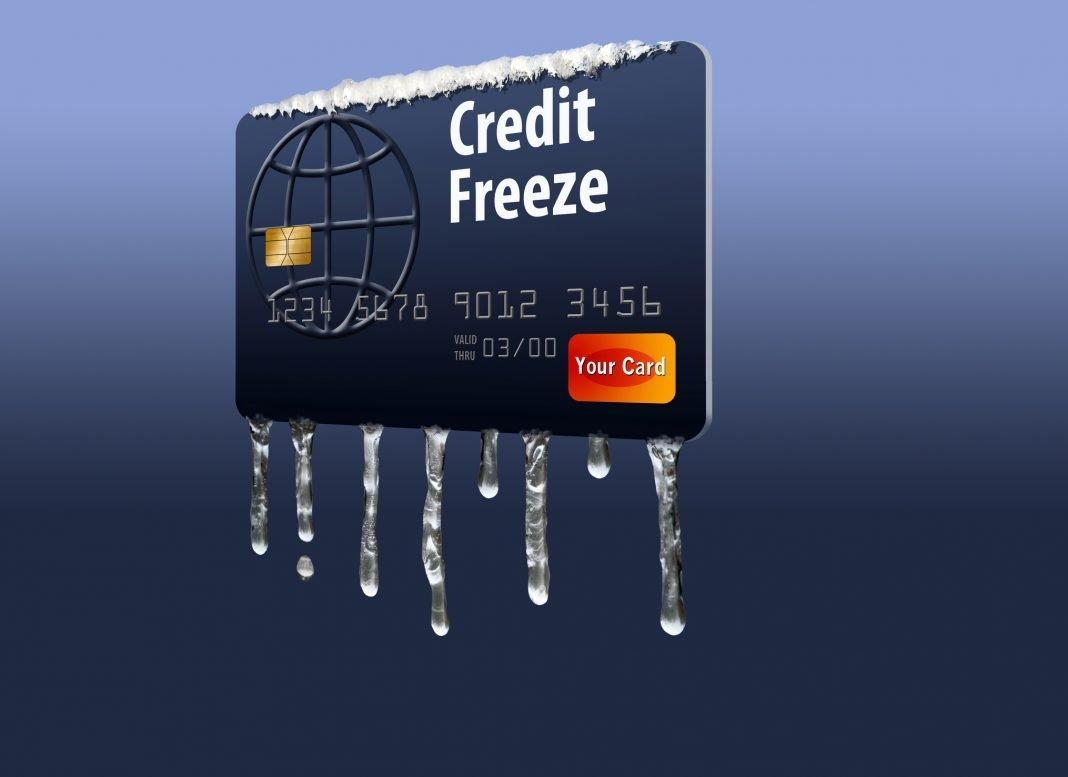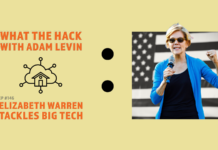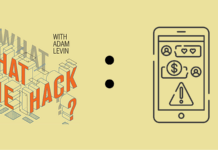 Victims of the Equifax data hack, please sit tight. I’d hate to see people paying money for the wrong thing. That’s already happening to people like, John, in Texas, who ended up regretting his purchase of a $19.95 credit monitoring subscription.
Victims of the Equifax data hack, please sit tight. I’d hate to see people paying money for the wrong thing. That’s already happening to people like, John, in Texas, who ended up regretting his purchase of a $19.95 credit monitoring subscription.
Also, I think eventually the right thing is going to happen and consumers will be able to freeze their credit reports—for free. There is, finally, momentum in that direction.
If you are sure you don’t need new credit, it should be easy to shut down your credit file so nobody else can get new credit in your name, either. The idea is a decade or more in the making and really, it’s hard to understand why anyone would object to it.
OK, folks who sign you up for a retail store credit card at checkout do stand to lose something. But really, it’s a good idea to put a small speed bump between you and new credit. And it seems deeply unfair to make consumers pay for this.
I’ll admit that having the government force a company to create software that does something makes me a little squeamish. But then these companies are making money off consumers who never really offered their consent in the first place.
Flurry of bills introduced
Now, there are bills floating around Congress to force credit bureaus to offer free freezes. Last week, Sen. Ron Wyden, R-Ore., introduced the Free Credit Freeze Act.
“Given the frequency of these megabreaches, it is simply unacceptable for the credit agencies to continue to charge hardworking Americans who want to protect their credit and their identity from fraudsters. The Free Credit Freeze Act gives power back to consumers by requiring credit reporting agencies to provide credit freezes to consumers at no cost,’ Wyden said.
Soon after, Sen. Elizabeth Warren, D-Mass., introduced the Freedom From Equifax Exploitation Act, or “FREE” Act. It would accomplish much the same thing.
These might sound like partisan efforts by a minority party (i.e., dead on arrival), but the idea could be so popular that the effort “may gain surprising bipartisan support,” the American Banker said Friday.
Some states looked ahead
Freezes already are free in seven states—soon to be eight—where state legislatures had the foresight to make laws with that strong level of consumer protection, according to the Public Interest Research Group. Illinois and Massachusetts are considering such legislation.
“Congress should lead and make credit freezes free for everyone in the country and pass the FREE Act immediately,” said Mike Litt at U.S. PIRG. “It is outrageous that the credit bureaus charge us fees to prevent identity theft when we didn’t even give them permission to collect our information in the first place.”
The Identity Theft Resource Center, a nonprofit that helps folks recover from ID theft, has joined the fray, calling for free credit freezes for all Americans. On Monday, the agency announced a campaign; it’s pushing a Change.org petition and a #FreeFromAll3 hashtag on Twitter.
“Credit freezes are an important tool in the fight against identity theft. While credit freezes are not right for everyone, the issue of cost should not factor into a consumer’s decision on whether or not to use one” says Eva Velasquez, CEO and president of the Identity Theft Resource Center. “It is our hope that the credit reporting agencies will consider this and allow consumers to protect their identity, no matter their financial situation.”
Freezes may spur new hacks
Freezes aren’t perfect, of course. There’s a huge problem for consumers who forget the “thaw” procedure. We’ve learned that PIN codes might not be all that hard to guess. I’m sure, if millions of people really do institute freezes, that hackers will start trading in stolen PINs. We’ve seen this already with two-factor authentication.
Cell phone hacking has soared since banks started requiring that consumers enter a code from a text message during logins. But we can’t let perfect be the enemy of the good. Credit freezes can be a really important tool for protection against ID theft, and they work better than most paid products. I know plenty of consumers who have their files frozen, and I don’t know a single one who has complained about the freeze failing. (I do know consumers who have trouble unlocking their files.)
Congress should strongly consider giving all consumers the right to freeze their credit files. It will help restore some of the confidence lost in the Equifax hacking incident.
In the meantime, it’s a good idea to get a (truly) free copy of your credit report from AnnualCreditReport.com. If you get a free score from your credit card company, pay close attention to it, looking for unexpected drops. But otherwise, don’t feel the need to rush and sign up for anything. Wait to see how this shakes out.
This article originally appeared on ThirdCertainty.com and was written by Bob Sullivan.










